There’s a wonderful scene in the movie version of Annie Proulx’s The Shipping News, where Kevin Spacey’s character, Quoyle, is being taught how to be a journalist by Billy, an experienced old hack on the local paper. They are sitting in a car on the Newfoundland coast.
Billy: Now, have a look. What do you see? Tell me the headline.
Quoyle: Horizon Fills with Dark Clouds?
Billy: IMMINENT STORM THREATENS VILLAGE!
Quoyle: But what if no storm comes?
Billy: VILLAGE SPARED FROM DEADLY STORM.
I keep wondering whether this is an appropriate analogy for the reporting of the events in Fukushima. As far as we can tell on the best information available, this is not going to be anything like another Chernobyl, but even Chernobyl needs to be kept in proportion.
The worst disaster in the entire nuclear industry resulted in 56 direct deaths; a number comparable to a bad bus crash on a motorway. More serious, of course, were the after-effects of the radiation, and estimates of the effect vary widely, but the most-quoted figure suggests that around 4000 cancer victims can trace their illness back to Chernobyl. This is, of course, a disaster on a major scale, but it is also very close to the number of people who die in coal mines in China each year. The official government statistic in 2004 – a bad year – was 6,027.
I fear that whatever happens in Japan, the impact on the world nuclear industry will be huge, and we will not be seeing many articles contemplating the likely fate of coal miners in the vicinity of a tsunami. Or of what it might mean to oil rigs – we already know what can happen to them even without the help of a massive earthquake.
There’s a simple reason for this not being the line taken by the media: such articles are much less exciting than the headline-grabbing alternatives. I think it was Cory Doctorow who said, “You must never forget the fundamental business model of most newspapers: to deliver large numbers of readers to advertisers”.
We do not know what will happen in Japan – it may prove be a major disaster, or it may – rather literally – just blow over. But if it’s the latter, don’t worry – I bet we’ll still see some good headlines along the lines of Billy’s for quite a while afterwards.
 John Gruber points out this very nice visualisation comparing the budgets and box-office returns of the different Bond movies.
John Gruber points out this very nice visualisation comparing the budgets and box-office returns of the different Bond movies.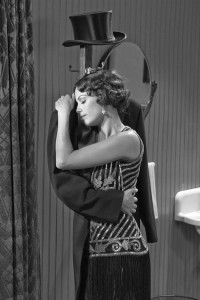
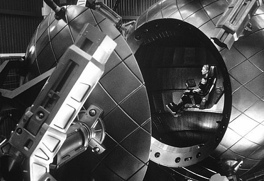
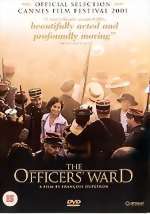
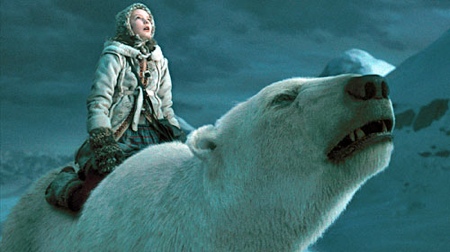
.jpg)

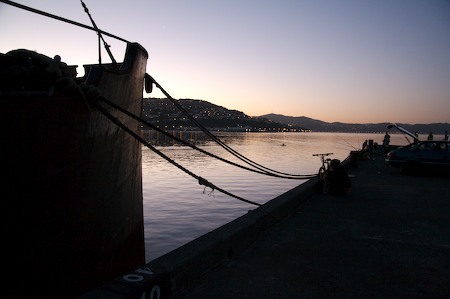
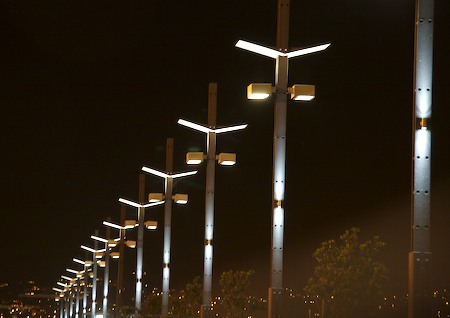
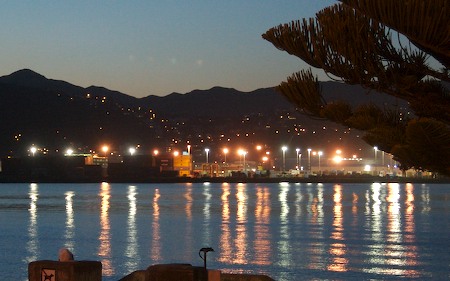

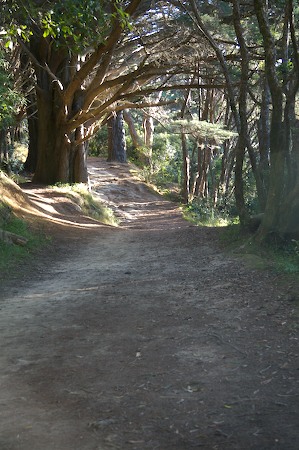
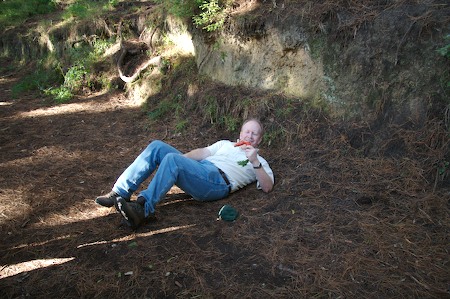
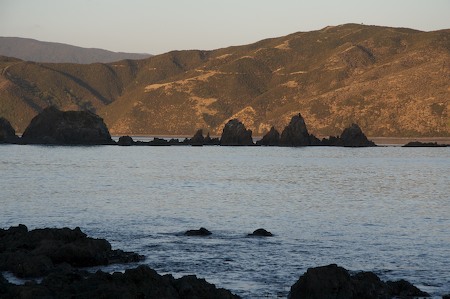
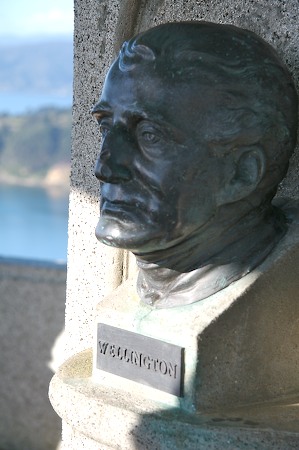

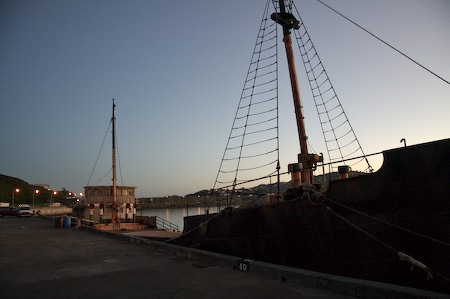
Recent Comments